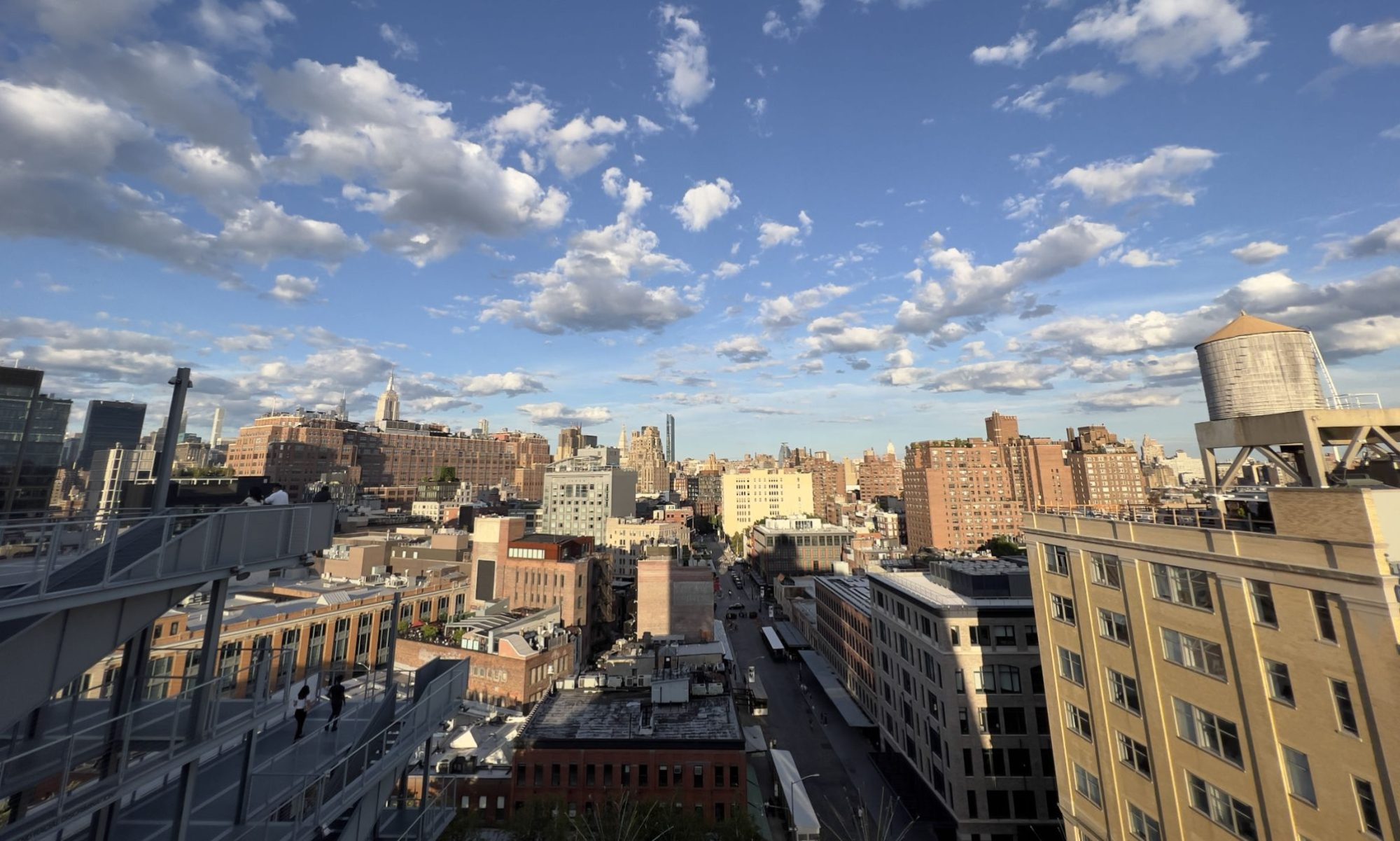A coalition of industrialists and Junkers of Prussia (marriage of iron and rye) and the globalization of the German economy in the nineteenth and early twentieth century
Globalization processes of the world economy is wrongly attributed solely to the twentieth century. In order to explain the process of integration of world economy it is necessary to reach back to its origins in the nineteenth century. The German economy is an example of the growing economic integration of many of the sovereign states within the German Customs Union (1834). After 1879 the German Empire changed its trade policies from liberal to protectionist (high tariffs on agricultural and industrial products), like many other European countries. Since then, despite the protectionist politics, we can observe an increased turnover in international trade, an unprecedented scale of foreign investment capital flows, and migrations of people. Until World War I, globalization processes were often more extensive than those up to the 50s of the twientieth century. Stability based on gold currency standard was of major importance for international exchange.
Otwórz Artykuł